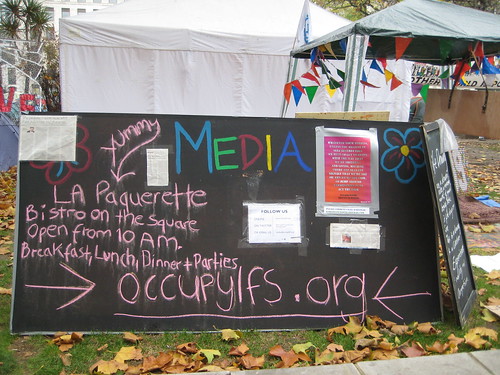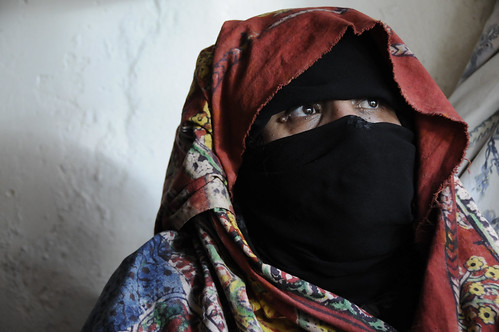
What role does France play in European security? What are the most important security threats the country faces? What security related decisions will President Hollande have to take over the next few months? These are the questions we asked François Heisbourg, a renowned French foreign policy and security expert. Professor Heisbourg, who is chairman of both the International Institute of Strategic Studies (IISS) and the Geneva Center for Security Policy (GCSP), visited ETH Zurich in June 2012. He lectured on “France in European security” as part of the Master in Advanced Studies in Security Policy and Crisis Management (MAS SPCM) course.




